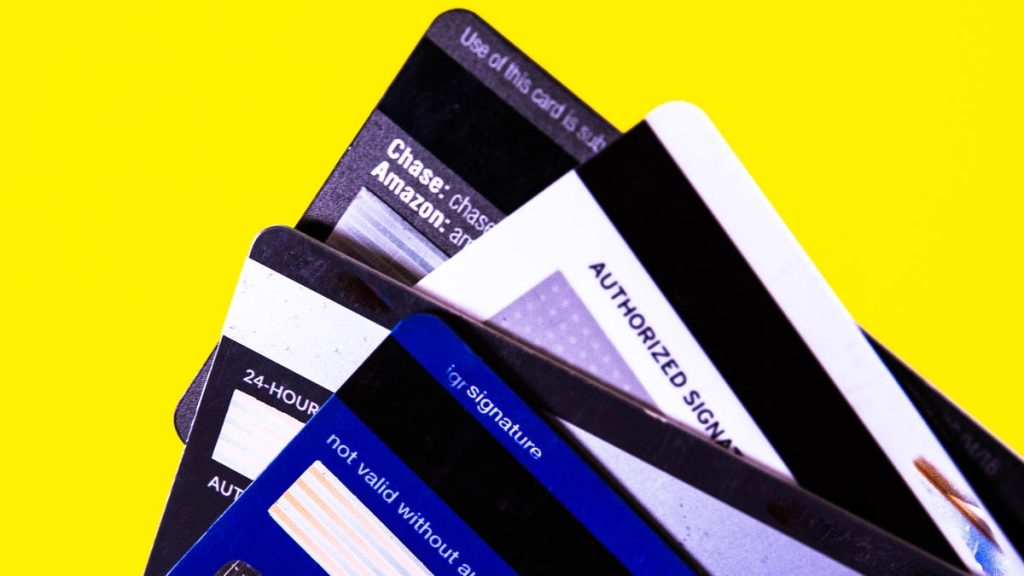Making only the minimum payment on your credit card may help you avoid late fees and penalties, but it can also lead to high interest charges and slow progress in paying off your debt. Credit card companies use different methods to calculate minimum payments, which can vary based on your balance and interest rate. It’s important to understand how your minimum payment is determined and what your credit card agreement states. Missing minimum payments can result in late fees, penalty APR, and damage to your credit score.
To find your credit card agreement, you can request it from your credit card company through email or snail mail, or check your bank’s website. The agreement will outline important information such as how your minimum payment is calculated, your credit limit, APR, foreign transaction fees, and more. If you fail to make the minimum payment each month, you may incur late fees, penalty APR, and damage to your credit score. It’s crucial to communicate with your credit card issuer if you are unable to make the minimum payment to explore your options.
Paying more than the minimum monthly payment is advisable as most of the minimum payment goes towards interest rather than paying down the principal balance. By paying more than the minimum, you can reduce the amount of interest and pay off your debt sooner. The Credit Card Accountability Responsibility and Disclosure Act of 2009 requires creditors to disclose how long it will take to pay off a balance by making only minimum payments. It is recommended to pay as much of the balance as possible to reduce the amount of interest paid and expedite debt repayment.
Using an example of a $10,000 balance with an 18% APR, making only minimum payments of $200 would take over 50 years to pay off the debt, resulting in over $28,000 in interest paid. However, making fixed payments of $200 until the balance is paid off would take less than eight years and cost around $8,600 in interest. Paying double the minimum amount each month can significantly reduce the time and interest paid on the debt. It is important to be aware of the impact of interest on your outstanding balance and strive to pay more than the minimum to avoid accruing excessive interest charges.
Experts recommend paying more than the minimum monthly payment to avoid falling into a debt trap and accumulating high interest charges. By paying more than the minimum, you can reduce the amount of interest paid and pay off your debt sooner. It’s essential to understand how your minimum payment is calculated and to take proactive steps to manage your credit card debt effectively. Be sure to review your credit card agreement to know your rights and responsibilities as a cardholder and to make informed decisions about your finances.


